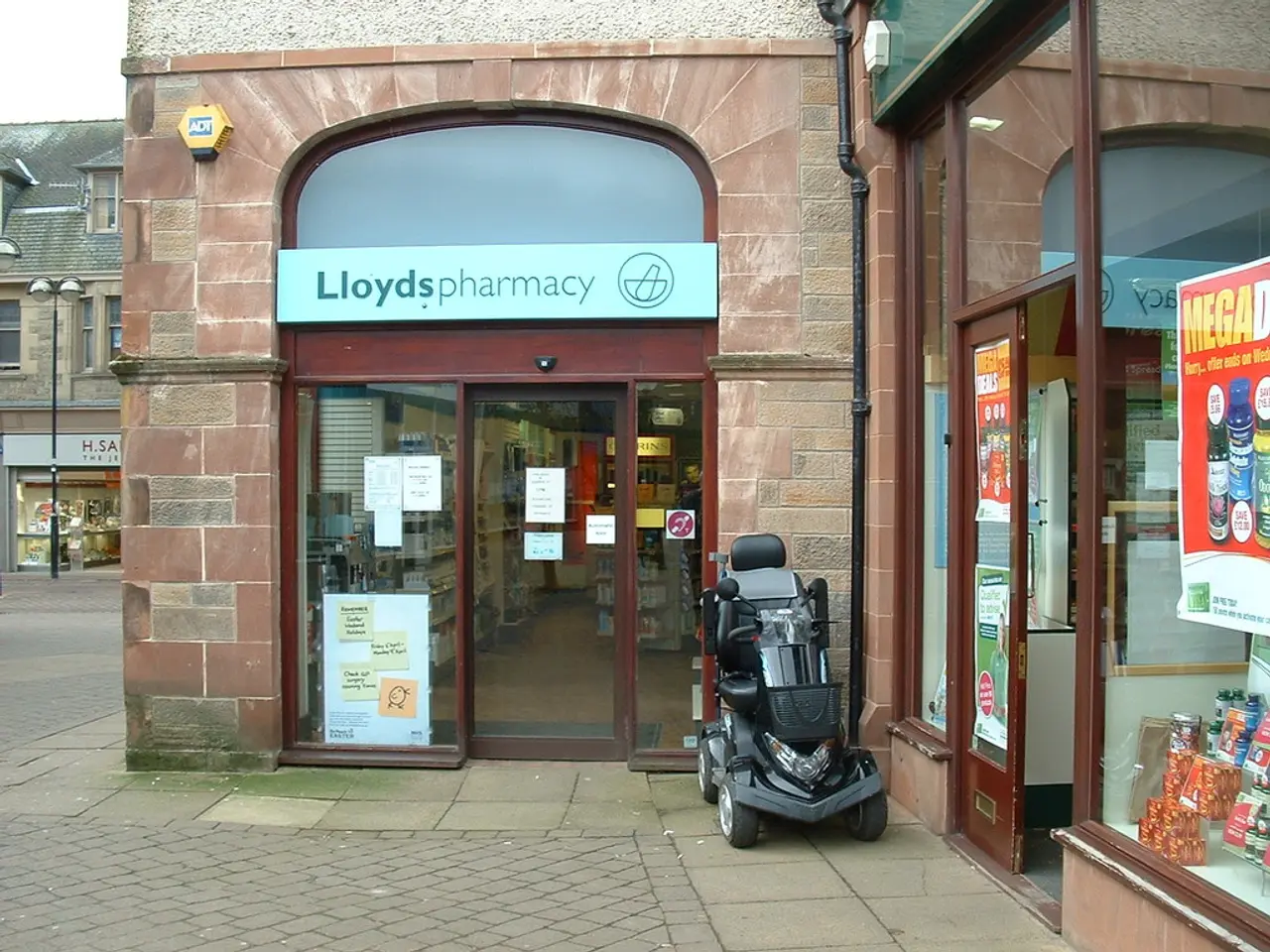International Collaboration: Pakistan and WHO Agree on Providing Gratis Cancer Drugs for Kids
In a significant move to combat childhood cancer, Pakistan has signed an agreement with the World Health Organization (WHO) to become a part of the Global Platform for Access to Childhood Cancer Medicines (GCCM), a WHO-led initiative aimed at expanding access to life-saving cancer treatments for children in low- and middle-income countries [1][2][3].
Under this agreement, Pakistan will receive free essential cancer medicines annually, benefiting approximately 8,000 children diagnosed with cancer each year in the country [1][2][3]. The goal of the agreement is to increase the survival rate of children with cancer from the current 30% to 60% [1][2].
The high mortality rate for children with cancer in Pakistan is a concern, with survival rates hovering around 10-30% [2]. This agreement aims to address this issue by providing necessary medicines free of cost and ensuring timely access to quality treatment [3].
WHO will provide technical and operational support for the agreement, while UNICEF will be responsible for procuring and supplying these medicines to Pakistan [1][2][3]. Health Minister Mustafa Kamal expressed gratitude towards WHO, UNICEF, the GCCM, and all partner organizations for their support and commitment [1].
The lack of access to pediatric oncology centers is a significant issue in Pakistan, with many children having limited access to timely diagnosis or treatment, contributing to high mortality rates [3]. Kamal emphasized that Pakistan is not just a recipient but a partner in global efforts to ensure no child suffers or dies from a treatable disease [1].
Dr. Dapeng Luo, WHO representative, stated that no child affected by cancer should die due to lack of access to treatment, including quality-assured medicines [1]. Kamal's vision for the agreement is a healthier society, starting with the health of mothers and children [1].
This agreement represents a crucial step toward saving lives of children with cancer by improving access to critical medicines and health care support, thereby addressing significant health inequities in pediatric oncology in Pakistan [1][2][3].
References:
[1] The Express Tribune. (2025, July 29). Pakistan joins global platform for childhood cancer medicines. Retrieved from https://tribune.com.pk/story/2345655/pakistan-joins-global-platform-for-childhood-cancer-medicines
[2] Dawn. (2025, July 29). Pakistan signs agreement with WHO to provide free cancer medication to 8,000 children annually. Retrieved from https://www.dawn.com/news/1658085
[3] The News International. (2025, July 29). Pakistan signs agreement with WHO to provide free cancer medication to 8,000 children annually. Retrieved from https://www.thenews.com.pk/latest/1334673-pakistan-signs-agreement-with-who-to-provide-free-cancer-medication-to-8000-children-annually
- The agreement with the World Health Organization (WHO) marks Pakistan's entry into the Global Platform for Access to Childhood Cancer Medicines (GCCM), a WHO-led initiative intended to boost the survival rate of children with cancer from 30% to 60%.
- As part of the agreement, WHO will offer technical and operational support, while UNICEF will be responsible for procuring and supplying free essential cancer medicines annually to Pakistan, with the goal of benefiting approximately 8,000 children diagnosed with cancer each year in the country.
- Health Minister Mustafa Kamal highlighted that this agreement tackles the issue of high mortality rates in children with cancer in Pakistan by ensuring timely access to quality treatment and essential medicines, supporting WHO representative Dr. Dapeng Luo's stance that no child affected by cancer should die due to insufficient access to treatment.
- In addition to addressing the lack of access to pediatric oncology centers in Pakistan, the agreement represents a critical advancement in efforts to eradicate health inequities in pediatric oncology and promote health and wellness in Pakistan, aligning with Kamal's vision of a healthier society, starting with the health of mothers and children.




